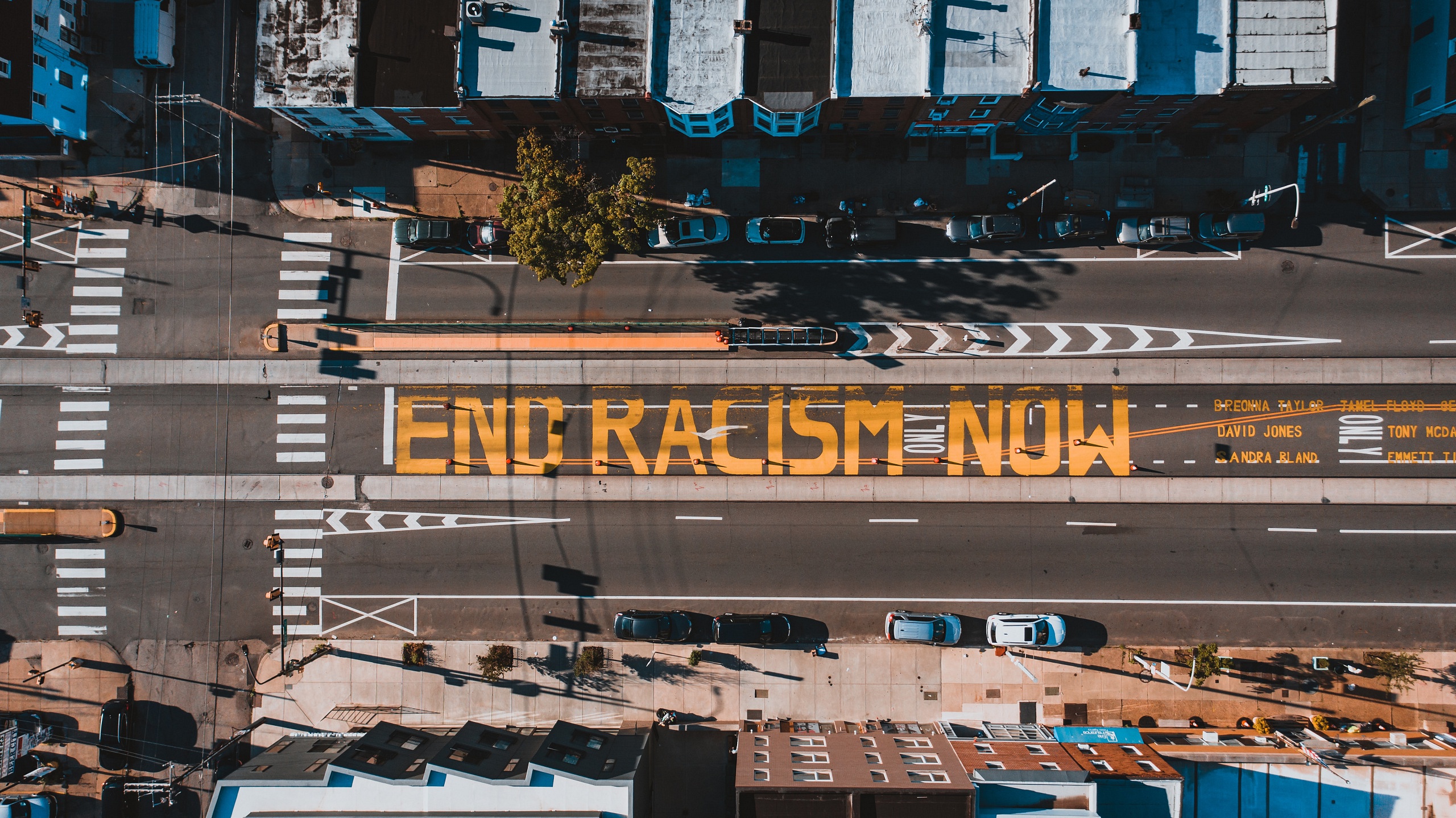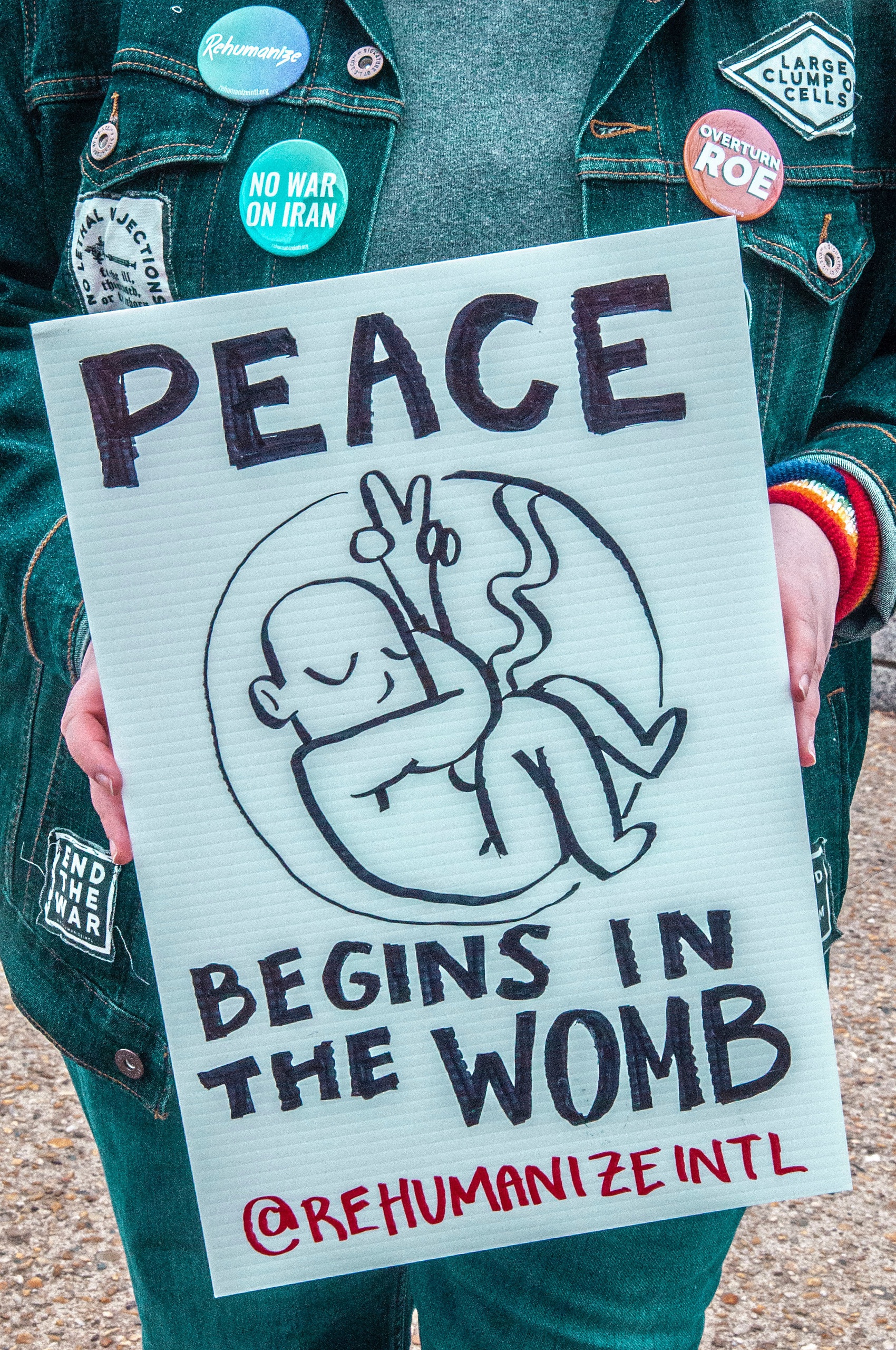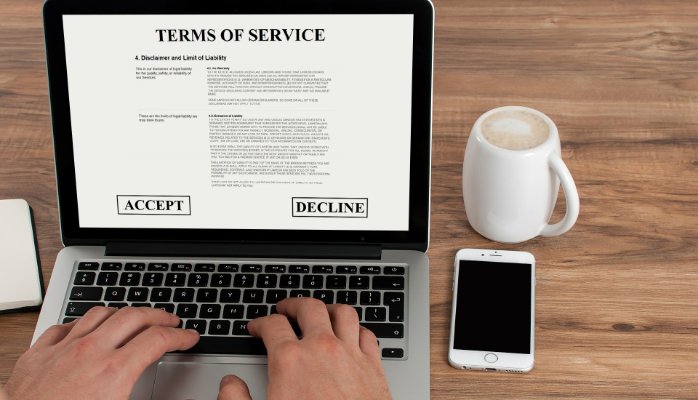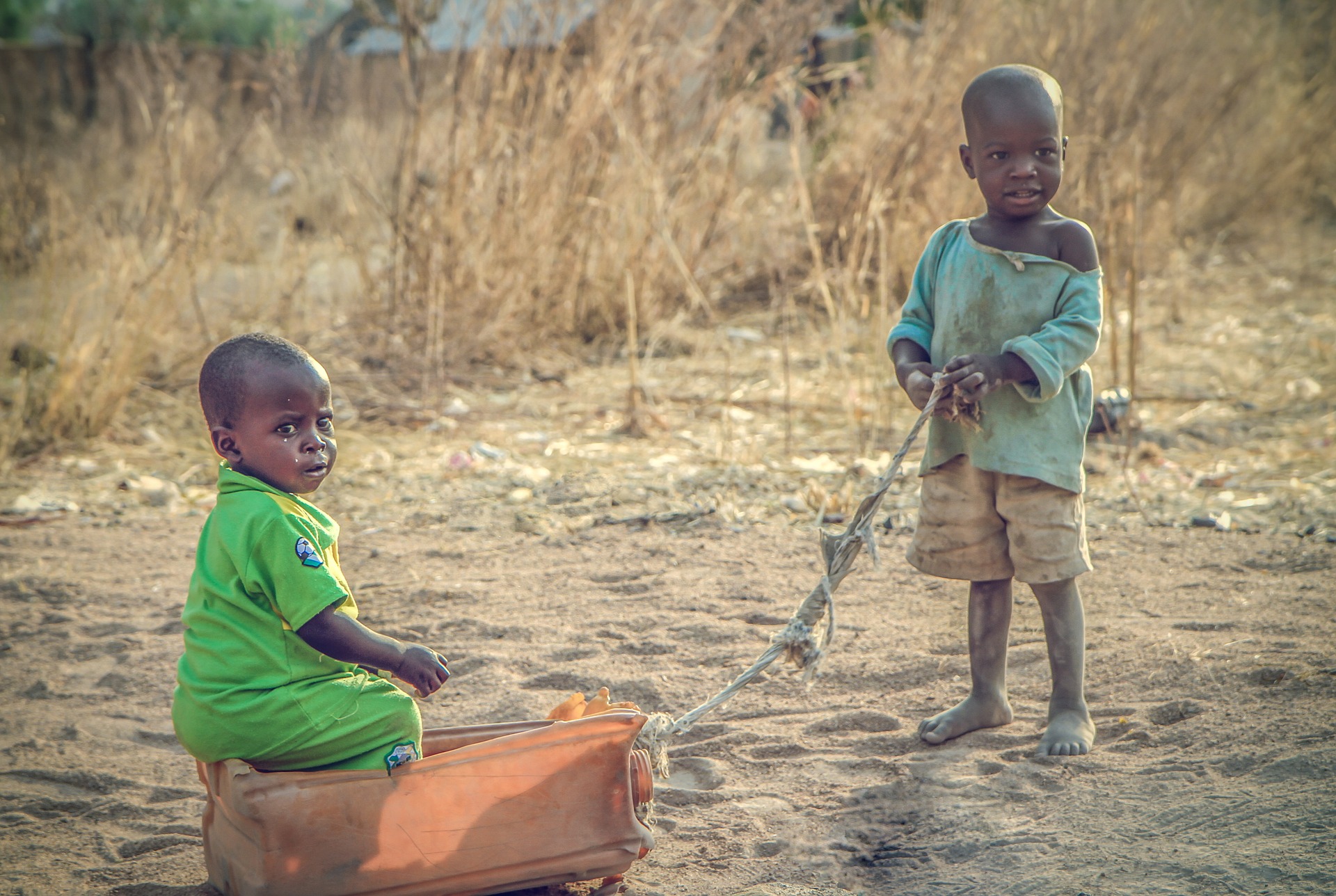Delyana Petkova
Apart from the COVID-19 pandemic and the historical presidential win of Joe Biden over Donald Trump, life in 2020 was marked by another unforgettable event: the Black Lives Matter movement that gained massive publicity. The demonstrators, both in the US and worldwide, protested against police brutality and violence against black people and the systemic racism that usually causes or enables them. That is why, amid this year’s Black History Month, it is essential to recall one of the most remarkable instances of racism in the US judicial system which almost ruined the lives of not one, but five black and Hispanic boys, known as the Central Park Five.
On April 19th 1989, the 28-year-old white woman, Trisha Meili, was beaten and raped in New York City’s Central Park. The assault left her in a coma for two weeks and left her with no memory of the attack, meaning there were no eyewitnesses to the crime. However, the investigators were quick to point the blame at a group of around 30 teenagers who were in the park at that time. So, without wasting time, the police took in and interrogated Kevin Richardson (14), Raymond Santana (14), Antron McCray (15), and Korey Wise (16). The interrogations took hours, and none of the boys’ parents was present. While the DNA evidence found at the crime scene did not match that of the boys, after police coercion, including physical violence, deprivation of food, water, and sleep, they all gave false statements confessing to having participated in Meili’s assault.
The media’s role in convicting them was undeniable with the crime being covered in newspapers for months, and words, such as “animals”, “savages”, “bloodthirsty” and “human mutations” being used to describe the Central Park Five. Donald Trump was also leading a campaign against them by funding articles named “Bring Back the Death Penalty! Bring Back Our Police!” He said: “Maybe hate is what we need if we are gonna get something done” in a CNN interview. It is ironic how systemic racism would become a hot topic once again three decades later, when he is the US president.
Even though the teenagers later plead not guilty, they were convicted to 6 to 13 years in prison for the offences of rape, assault, attempted murder, and robbery, with the only evidence being the confessions made under duress.
It was not until 2002 that Matia Reyes confessed to the assault. He matched the DNA evidence found and knew details of the attack, and as a result, the Central Park Five were acquitted of the crime. They received $41m in a settlement, but as Wise, one of the men, said: “No money could bring the life that was missing or the time that was taken away.”
The Central Park Five case is a historical example of how biased and racist judicial systems lead to unfair and shameful results. The racial profiling of the teenagers, which turned them into suspects; the inhuman treatment in custody, which coerced them into confessing; the racist statements of the media and public figures, which fueled the public’s cry for vengeance; and the defects in the judicial system, which overlooked the absence of any concrete evidence, all led to the unjust conviction of the boys. Their situation was made worse by the high crime rates and racial tensions of that period, which pushed the police to promptly find the culprits and blame the first black and Hispanic suspects they came across.
Thirty-two years later, it seems that nothing has changed when it comes to systemic racism. The delays in charging and trying the police officers responsible for the deaths of black people in 2020 mean that race is still a deciding factor in who gets justice. The fact that black boys are quickly tried and sentenced for an assault against a white woman with no evidence whatsoever, while white police officers still evade prison for the murder of black men and women with plenty of evidence against them, speaks volumes about the US judicial system. We will continue seeing and hearing about other Central Park Fives, George Floyds, and Breonna Taylors in the future unless serious reforms take place and the general public’s views on racial equality are changed. Until then, we will continue to raise awareness about these injustices while hoping to make a difference.
Sources:
HISTORY, “The Central Park Five”, May 14th, 2019, A&E Television Networks
BBC News, “Central Park Five: The true story behind When They See Us”, June 12th, 2019, BBC








